Looking for interesting opportunities to continue to practice and develop your new media and programming skills over the summer? Check out the links below for ideas!
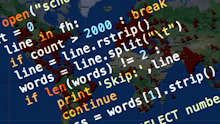 1. Coursera Free Online Course: Programming for Everybody (Python)
1. Coursera Free Online Course: Programming for Everybody (Python)
WHEN: June 1-August 9
WORKLOAD: 10 weeks of study, 2-4 hours/week
ABOUT THE COURSE:
This course is specifically designed to be a first programming course using the popular Python programming language. The pace of the course is designed to lead to mastery of each of the topics in the class. We will use simple data analysis as the programming exercises through the course. Understanding how to process data is valuable for everyone regardless of your career. This course might kindle an interest in more advanced programming courses or courses in web design and development or just provide skills when you are faced with a bunch of data that you need to analyze. You can do the programming assignments for the class using a web browser or using your personal computer. All required software for the course is free.
Read the full posting about the course:
https://www.coursera.org/course/pythonlearn
 2. Kahn Academy: Kahn Academy is a fantastic resource that provides a wide variety of free online lessons on the basics of programming.
2. Kahn Academy: Kahn Academy is a fantastic resource that provides a wide variety of free online lessons on the basics of programming.
Current lessons on programming available on the site include:
Intro to JS: Drawing and Animation
Advanced JS: Games and Visualizations
HTML/CSS: Making Webpages
HTML/JS: Making Webpages Interactive
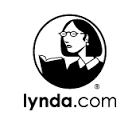 3. Lynda.com: Lynda.com is a subscription-based coding site that provides an extensive array of courses and video tutorials of all skill levels covering technical skills, creative techniques, and business strategies.
3. Lynda.com: Lynda.com is a subscription-based coding site that provides an extensive array of courses and video tutorials of all skill levels covering technical skills, creative techniques, and business strategies.
For those interested in learning how to code, Lynda’s Developer Tutorials will be of particular interest. These tutorials help you learn to develop and create mobile apps, work with PHP and MySQL databases, get started with the statistical processing language R, and more.
 4. UO Department of Computer and Information Science
4. UO Department of Computer and Information Science
Summer 2015 Courses: Summer courses in the department of Computer and Information Science are now posted. Check out the department website for more details.
Available classes include:
CIS 110 Fluency with Information Technology
CIS 111 Introduction to Web Programming
CIS 115 Multimedia Web Programming
CIS 122 Intro to Programming and Problem Solving
CIS 399 Android Apps
CIS 399 iPhone/iPad Apps
CIS 399 Introduction to System Administration
CIT 281 Advanced Business Systems
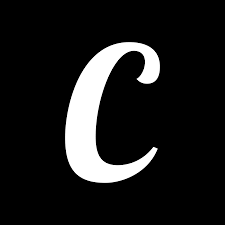 5. Codecademy: Codecademy is an online interactive platform that offers free coding classes in 8 different programming languages including Python, PHP, jQuery, JavaScript,AngularJS, and Ruby, as well as markup languages HTML and CSS. It is a fantastic resource to work on building up your programming skills in your own time- and even better, it’s free to use!
5. Codecademy: Codecademy is an online interactive platform that offers free coding classes in 8 different programming languages including Python, PHP, jQuery, JavaScript,AngularJS, and Ruby, as well as markup languages HTML and CSS. It is a fantastic resource to work on building up your programming skills in your own time- and even better, it’s free to use!
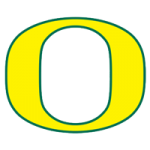 6. UO Digital Scholarship Center Workshops:
6. UO Digital Scholarship Center Workshops:
The UO Libraries Digital Scholarship Center offers workshops on request. John Russell in the DSC is especially interested in offering introductory workshops for learning the basics of the command line, Python, or R.
If you are interested in setting up a workshop, or have questions about learning opportunities at the DSC this Summer, please contact John at johnruss@uoregon.edu
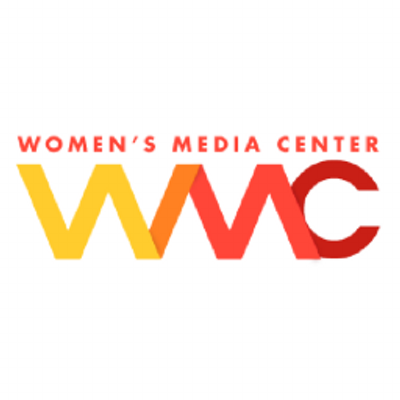 7. WMC Progressive Women’s Voices Media Training: Program: WMC Progressive Women’s Voices is the premier media and leadership training program for women in the country. Participants represent a range of expertise and diversity across race, class, geography, sexual preference, ability, and generation. They receive advanced, comprehensive training and tools to position themselves as media spokespeople in their fields, thereby changing the conversation on issues that fill headlines. Graduates join a supportive network of alumnae who support each other in their media goals.
7. WMC Progressive Women’s Voices Media Training: Program: WMC Progressive Women’s Voices is the premier media and leadership training program for women in the country. Participants represent a range of expertise and diversity across race, class, geography, sexual preference, ability, and generation. They receive advanced, comprehensive training and tools to position themselves as media spokespeople in their fields, thereby changing the conversation on issues that fill headlines. Graduates join a supportive network of alumnae who support each other in their media goals.
Upcoming 2015 WMC Progressive Women’s Voices Training Dates:
July 11 – 12 in Washington DC and July 18 – 19 in Washington, DC
More information and the application form are available here.
Deadline to apply is June 8, 2015.

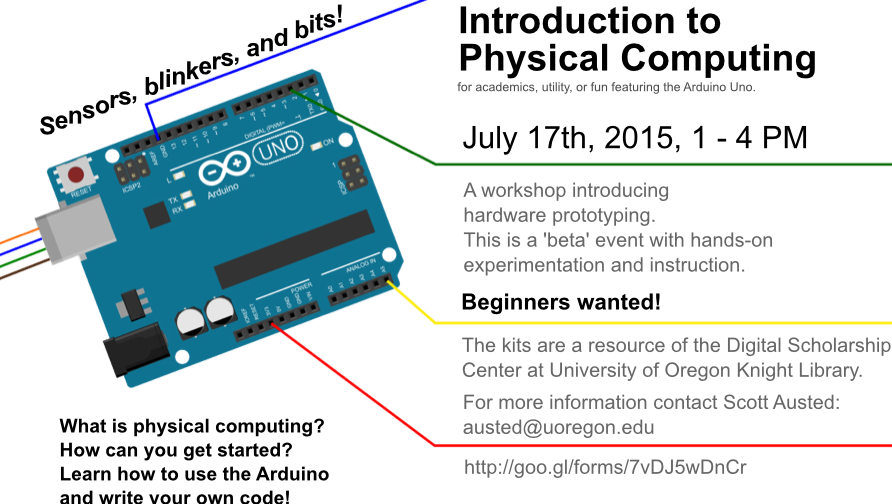
 1.
1. 


 7.
7. 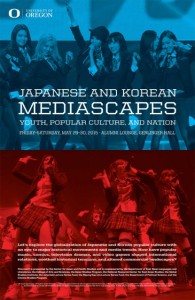
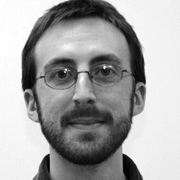 Monday, June 8
Monday, June 8 Tuesday, June 9
Tuesday, June 9

